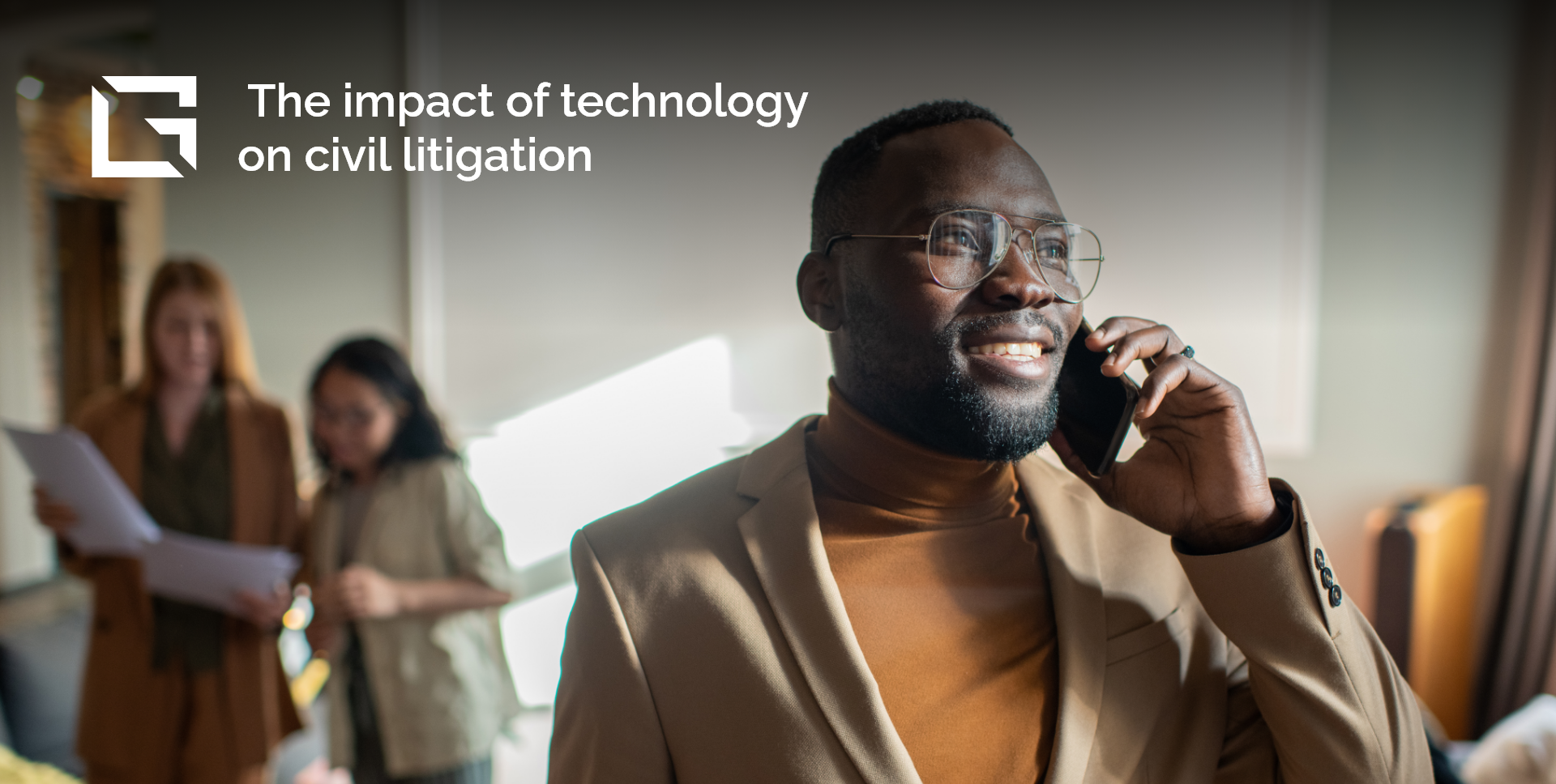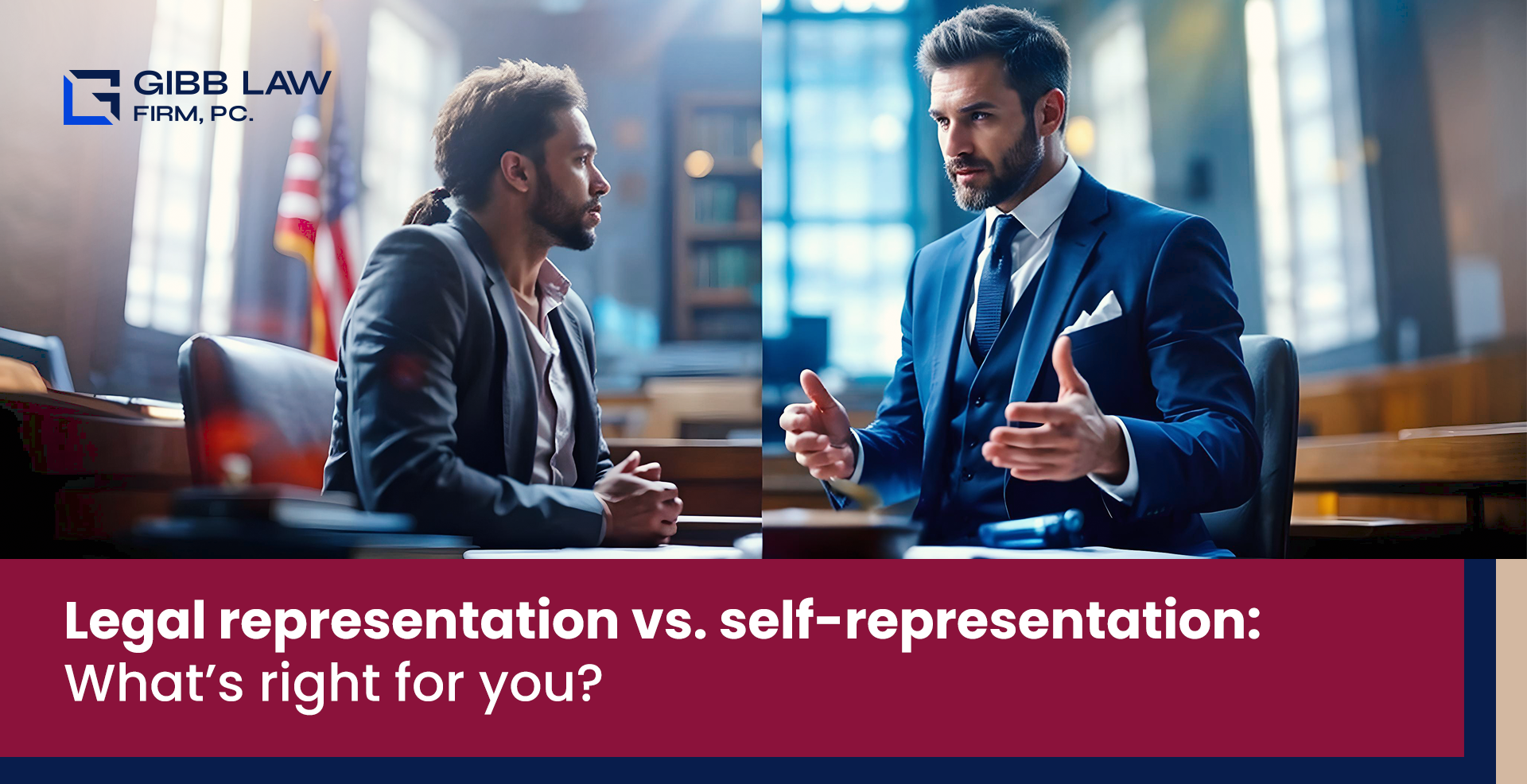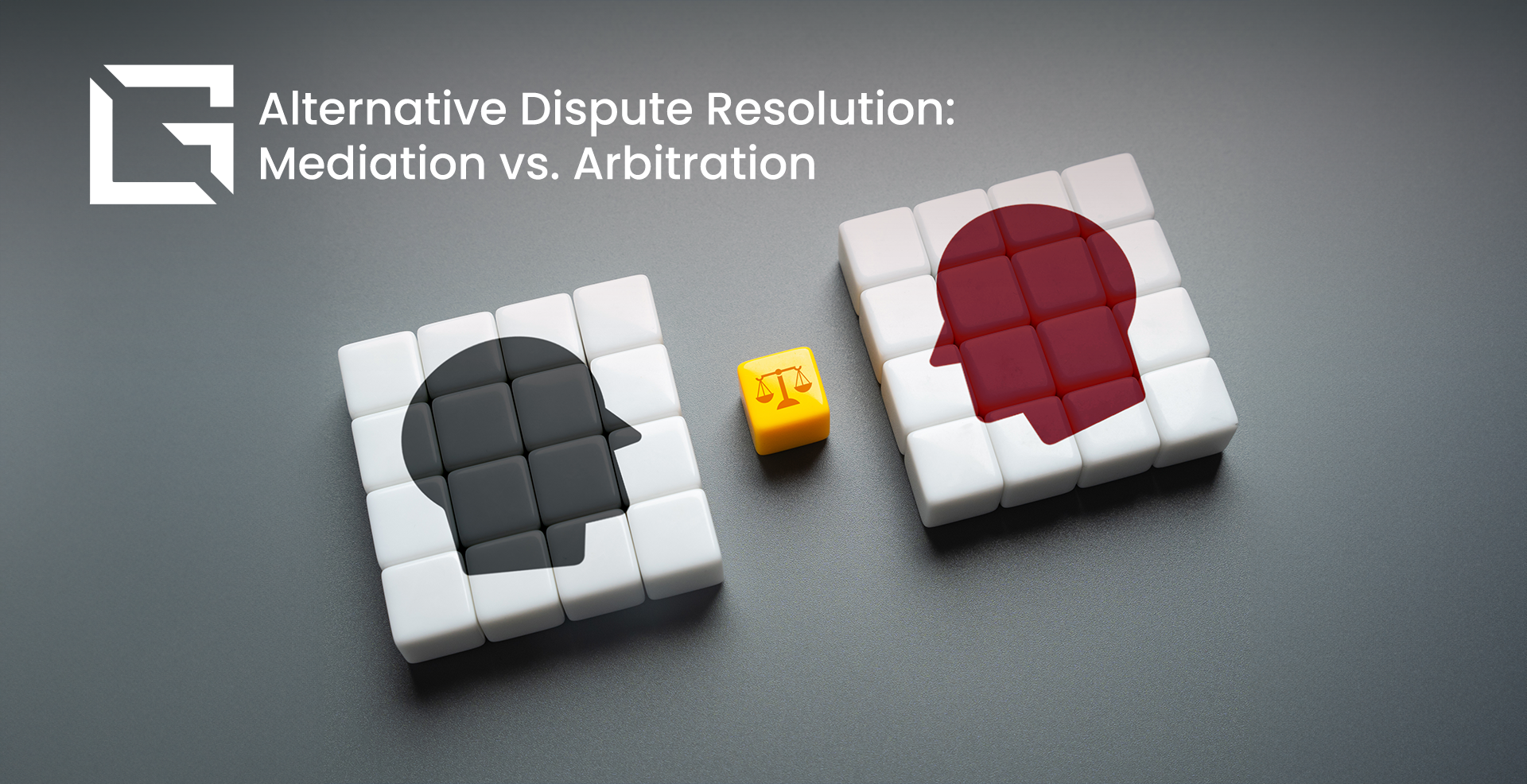Meet Sarah Johnson and Alex Rodriguez, two attorneys at the forefront of a groundbreaking civil litigation case that showcases the pivotal role of technology in modern legal practice.
Sarah and Alex are representing their client, Jane Smith, in a high-stakes intellectual property dispute. Jane, a talented software developer, alleges that her former employer, Who’s Innovating LLC., unlawfully misappropriated her proprietary code for a revolutionary new app.
As the case unfolds, Sarah and Alex dive into the world of e-discovery, utilizing cutting-edge technology to sift through mountains of electronically stored information (ESI) crucial to their client’s claim. Emails exchanged between Jane and her former colleagues, timestamps of code modifications, and even social media interactions provide invaluable evidence to support her case.
However, navigating this digital minefield isn’t without its challenges. Sarah and Alex must meticulously authenticate each piece of digital evidence to ensure its admissibility in court. They leverage advanced forensic tools to verify the integrity of the data and address any potential privacy concerns raised by Tech Innovations Inc.
The halls of justice may seem steeped in tradition, but the legal landscape is undergoing a digital transformation. Technology is rapidly changing the way civil litigation is conducted, from evidence gathering to case management. Let’s explore the impact of technology on civil court proceedings and how it can benefit your case.
P.S. – Breaking News: Gibb Law Firm is excited to announce the launch of an advanced new resource dedicated to Civil Litigation! Check out our press release to learn how we aim to streamline legal processes, ensuring that clients receive the most effective and informed representation in their civil cases.
E-Discovery: A Digital Goldmine (and Maze)
One of the most significant changes is the rise of e-discovery. E-discovery refers to the process of identifying, collecting, and producing electronically stored information (ESI) relevant to a legal case. This includes emails, social media posts, text messages, and data stored on computers and mobile devices.
In today’s digital world, vast amounts of data are generated daily. This creates a treasure trove of potential evidence for attorneys, but also a complex challenge. Sifting through mountains of digital information to find relevant evidence requires specialized tools and expertise. Lawyers must navigate complex digital environments to uncover crucial emails, social media posts, or cloud-stored documents that could strengthen their case.
Challenges and considerations
Yet, with the proliferation of digital evidence comes a host of challenges. Attorneys must navigate issues concerning the authenticity, admissibility, and privacy of digital information. Courts are increasingly scrutinizing the reliability and preservation of digital evidence, underscoring the need for attorneys to remain abreast of evolving legal standards and best practices.
Digital Evidence: A Double-Edged Sword
The use of digital evidence also presents unique considerations. Unlike traditional physical evidence, digital information can be easily altered or destroyed. Attorneys must ensure the authenticity and integrity of digital evidence to ensure its admissibility in court. Additionally, privacy concerns arise when dealing with personal data. Balancing the need for evidence with the right to privacy requires careful handling and adherence to legal guidelines.
The Future of Legal Tech: AI and Beyond
The legal technology revolution is far from over. Advancements in artificial intelligence (AI) are transforming how evidence is analyzed. AI-powered tools can sift through massive amounts of data to identify relevant patterns and connections, saving lawyers valuable time and resources. Additionally, blockchain technology offers a secure way to track and verify the chain of custody for digital evidence.
Efficiency gaps and process improvements
Despite these advancements, efficiency gaps persist in traditional civil procedures. Lengthy court proceedings and jury trials can be time-consuming and costly. However, technological solutions, such as litigation management software and electronic service platforms, are streamlining litigation processes, enabling attorneys to manage cases more effectively and expediently.
The role of legal technology
Legal technology, encompassing a range of digital tools tailored for the legal industry, is empowering attorneys to navigate the complexities of civil litigation with precision and efficiency. From case management software to communication platforms, legal technology is driving innovation in the legal field, enabling attorneys to deliver optimal outcomes for their clients.
Third-party litigation funding
In addition to technological advancements, third-party litigation funding is gaining traction as a means to mitigate the financial risks associated with civil litigation. By providing capital for legal expenses in exchange for a portion of the settlement or judgment, third-party funders are democratizing access to justice and leveling the playing field for litigants.
Leveraging Technology for a Stronger Case
Understanding the impact of technology is crucial for anyone involved in civil litigation. Here at Gibb Law Firm, we stay at the forefront of legal technology advancements. Our team, including Dustin Gibb, utilizes the latest digital tools to:
- Streamline E-Discovery: We employ advanced e-discovery techniques to efficiently collect, analyze, and present relevant digital evidence.
- Enhance Litigation Management: We utilize technology to manage cases effectively, improve communication, and ensure deadlines are met.
- Stay Informed: We keep ourselves updated on evolving legal standards and best practices regarding technology and civil litigation.
Embrace Technology, Protect Your Rights
The integration of technology in civil litigation offers numerous benefits for both legal professionals and clients. By leveraging digital tools effectively, we can achieve greater efficiency, uncover critical evidence, and ultimately strengthen your case. However, it’s important to remember that technology is a tool, not a replacement for experienced legal counsel. Our team at Gibb Law understands the complexities of civil litigation and technology’s role in the process. Contact us today to discuss your case and explore how we can utilize technology to achieve the best possible outcome.
Contact information
Gibb Law Firm
Phone – (801) 725-6035
Address – 610 N. Kays Dr., Suite 109 Kaysville, Utah
Additional resources
Disclaimer: This blog is for informational purposes only and is not legal advice. Please contact us to discuss the specifics of your civil litigation situation.



